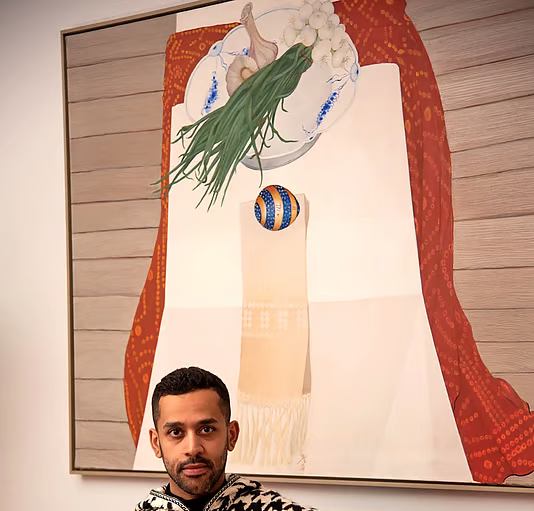The United Arab Emirates (UAE)

|
The United Arab Emirates (UAE) is a federation of seven states formed in 1971 by the then Trucial States after independence from Britain.
Although each state - Abu Dhabi, Dubai, Ajman, Fujairah, Ras al Khaimah, Sharjah and Umm al Qaiwain - maintains a large degree of independence, the UAE is governed by a Supreme Council of Rulers made up of the seven emirs, who appoint the prime minister and the cabinet.
|
OVERVIEW
|
|
|
Before oil was discovered in the 1950s the UAE's economy was dependent on fishing and a declining pearling industry. But since 1962, when Abu Dhabi became the first of the emirates to begin exporting oil, the country's society and economy have been transformed.

Boom town: Oil money, business and tourism transformed
Dubai
|
He oversaw the development of all the emirates and directed oil revenues into healthcare, education and the national infrastructure.
The oil industry has attracted a large influx of foreign workers who, together with expatriates, now make up more than three quarters of the population.
The country's growing business sector and its tourist industry have helped to fuel a construction boom, with billions of dollars being pumped into showpiece schemes. Chic hotels and skyscrapers are emblematic of cities such as Abu Dhabi and cosmopolitan Dubai.
The UAE is one of the most liberal countries in the Gulf, with other cultures and beliefs generally tolerated. However it is the only state in the region not to have elected bodies.
|
FACTS
|
|
|
|
LEADERS
|
|
|
President, ruler of Abu Dhabi: Sheikh Khalifa bin Zayed
Sheikh Khalifa was named as president by the UAE Federal Council shortly after the death of his father, Sheikh Zayed Bin-Sultan Al Nahyan, in November 2008. The former president, who was 86, had been in poor health.

Sheikh Khalifa succeeded his father
|
Sheikh Khalifa, crown prince of Abu Dhabi since 1969, is said to be a pro-Western moderniser.
Often referred to as the father of the nation, Sheikh Zayed succeeded his brother as ruler of Abu Dhabi in 1966 and, because of his strong leadership and commitment to forming the federation, he was elected as the first president of the United Arab Emirates in 1971.
Reelected every five years since 1971, Sheikh Zayed instilled the values of religious tolerance and equality, especially for women, into his policies, which greatly enhanced the stability of the UAE.
|
MEDIA
|
|
|
Dubai aspires to be a regional and international centre for television and media services, alongside Egypt and Lebanon. An Electronic Commerce and Media Zone Authority was created in 2000 to attract regional and international media outlets.
Dubai Media City and its counterparts offer two key advantages: tax benefits and freedom of speech.
Major media organisations - including Reuters and Sony - and publishers, artists and writers have moved in. Established satellite broadcaster MBC relocated to Dubai Media City from London.
Other influential pan-Arab satellite TV stations based in the UAE include Abu Dhabi TV which mounted extensive coverage of the US-led military campaign in Iraq in 2003.
The constitution provides for freedom of speech but there is strong regulatory and political control of media content.
A 1988 law requires that publications be licensed and outlines acceptable subjects of reporting. Foreign publications are censored before distribution. Journalists tend to practise self-censorship when reporting on such matters as government policy and ruling families.
Internet use is extensive; by 2008 there were more than one million users.
The press
Television
Radio
News agency
Content-type: text/html







